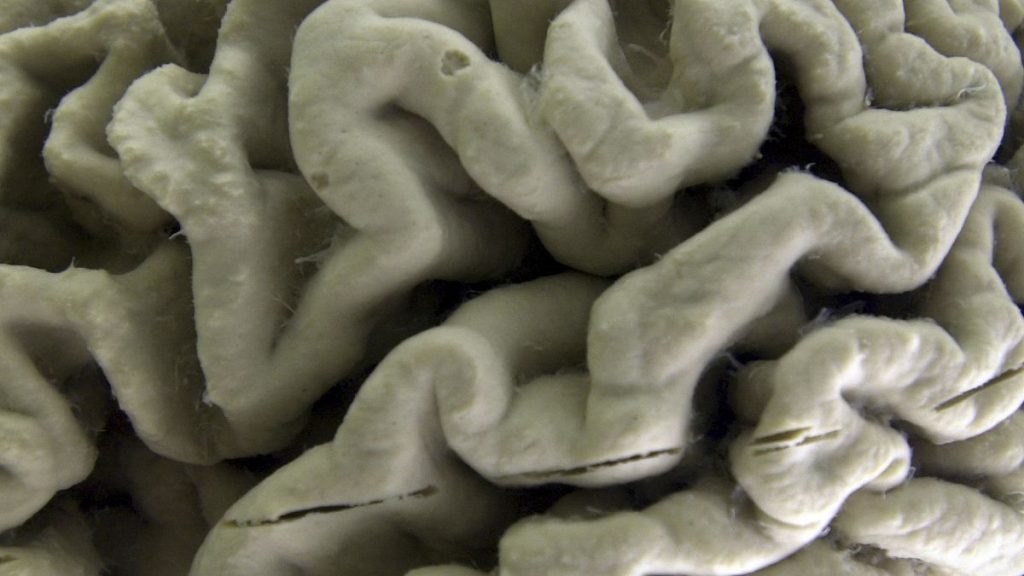A recent study published in Nature Medicine has found that individuals with two copies of the APOE4 gene almost always develop signs of Alzheimer’s disease. This raises the possibility of a distinct genetic form of the condition that is caused by this specific gene. While previous research has shown that the APOE4 gene is associated with an increased risk for Alzheimer’s, this study suggests that for those with two copies of the gene, it is actually the underlying cause of the disease. This is significant as Alzheimer’s disease is the most common form of dementia and affects millions of people globally.
The study also revealed that individuals with two copies of the APOE4 gene tend to develop Alzheimer’s at an earlier age compared to those with other variants of the APOE gene. Researchers utilized data from thousands of individuals and examined symptoms and early hallmark indicators of Alzheimer’s, such as sticky amyloid in the brain. The results showed that by age 55, those with two copies of the APOE4 gene had accumulated more amyloid than those with one copy or the neutral APOE3 variant. Additionally, by age 65, significant plaque buildup was observed in nearly three-quarters of double APOE4 carriers.
The findings suggest that for about 15 percent of Alzheimer’s patients who carry two copies of the APOE4 gene, the condition can be attributed to this genetic mutation. This knowledge has significant implications and highlights the importance of developing treatments that specifically target the APOE4 gene. Scientists are now focusing on developing gene therapies or drugs that can address the impact of APOE4 on the progression of Alzheimer’s disease. Understanding how this gene interacts with Alzheimer’s biology is crucial for advancing potential treatment options.
The study underscores the role of genetics in Alzheimer’s disease, particularly in cases where individuals inherit specific gene mutations that significantly increase their risk for developing the condition. While there are several genes linked to rare early-onset forms of Alzheimer’s, including mutations passed through families and linked to Down syndrome, the APOE gene’s involvement in late-onset Alzheimer’s has long been known. The three main variants of the APOE gene have different effects on Alzheimer’s risk, with APOE4 being recognized as the most significant genetic risk factor, particularly when present in two copies.
Researchers emphasize the need to further investigate the effects of the APOE4 gene in diverse populations, as most studies have been conducted on individuals of European ancestry. Dr. Eliezer Masliah of the National Institute on Aging emphasized that APOE4’s impact on Alzheimer’s appears more like a familial form of the disease rather than just a risk factor. While gene therapy and targeted drug development are underway to address the effects of APOE4, experts caution against rushing to obtain genetic testing based on these findings alone. It is important to consider the complex interplay of genetic and environmental factors in Alzheimer’s risk and progression.


